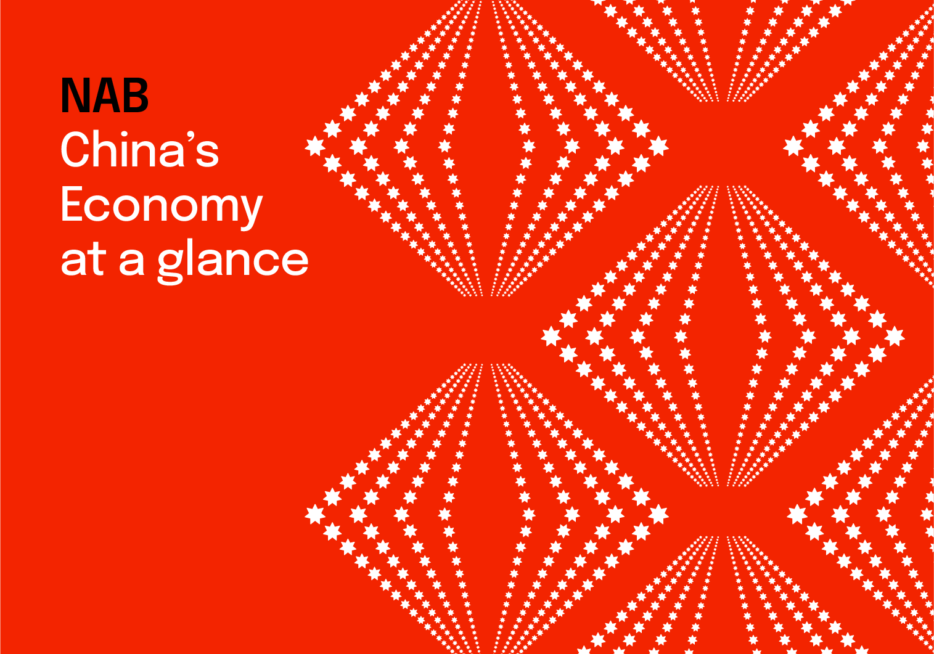January 28, 2020
Australian Markets Weekly: The case for a rate cut in February
The market has substantially reduced pricing for a February interest rate cut following the surprise improvement in the unemployment rate last week
For the full picture, download the report: Australian Markets Weekly 28 January 2020
- The market has substantially reduced pricing for a February interest rate cut following the surprise improvement in the unemployment rate last week. While we acknowledge there’s a risk that the RBA may wait a little longer to ease, we continue to expect the RBA to cut the cash rate to 0.5% in February. In our view, the 31% chance of a February rate cut currently priced by markets is too low – the probability of a rate cut seems closer to 50-50.
- Even if the Reserve Bank stays on hold next week, we continue to see two further rate cuts this year and the possibility of quantitative easing if the unemployment rate deteriorates more quickly than we forecast. In our view, the continuing weakness in consumer spending and the above-NAIRU unemployment rate mean further policy support is needed.
Analysis – Coronavirus – some initial thoughts on the impact in Australia
- Fears over the Wuhan Coronavirus intensified over the weekend with 106 people now having died from the virus and 4,515 infected. Markets are worried the outbreak is on the same scale of SARS, with bonds rallying and equities selling off amid risk aversion.
- On Friday we noted the virus could subtract 0.5-1.1pp from Chinese growth, taking the earlier analysis of the 2002-03 SARS outbreak as a guide. The impact on Australia though is likely to be more limited and concentrated on the tourism sector, where the Chinese government’s efforts to limit travel could have an impact of $1-2b.
The week ahead – AU Q4 CPI; coronavirus; Fed and BoE meetings; US tech earnings
- Local: NAB expects trimmed mean CPI, the RBA’s preferred measure of core inflation, to rise 0.4% q/q to remain at 1.6% y/y (slight upside risk). Headline inflation should rise +0.7% in Q4, bringing annual inflation to 1.8%. Credit growth should remain weak in December, rising +0.1% m/m, 2.3% y/y. NZ trade figures should be supported by elevated export prices.
- Global: Markets remain focused on coronavirus news, where China has extended its lunar new year public holiday to 2 February. The Fed is likely to stay on hold on Thursday, but markets will be focused on the Fed’s risk outlook. Likewise the BoE is expected to stay on hold. Earnings reports from tech giants – Apple, Facebook and Amazon – and Caterpillar are out.
Customers can receive Australian Markets Weekly and other updates directly in their inbox by emailing nab.markets.research@nab.com.au with the name of their NAB relationship manager
